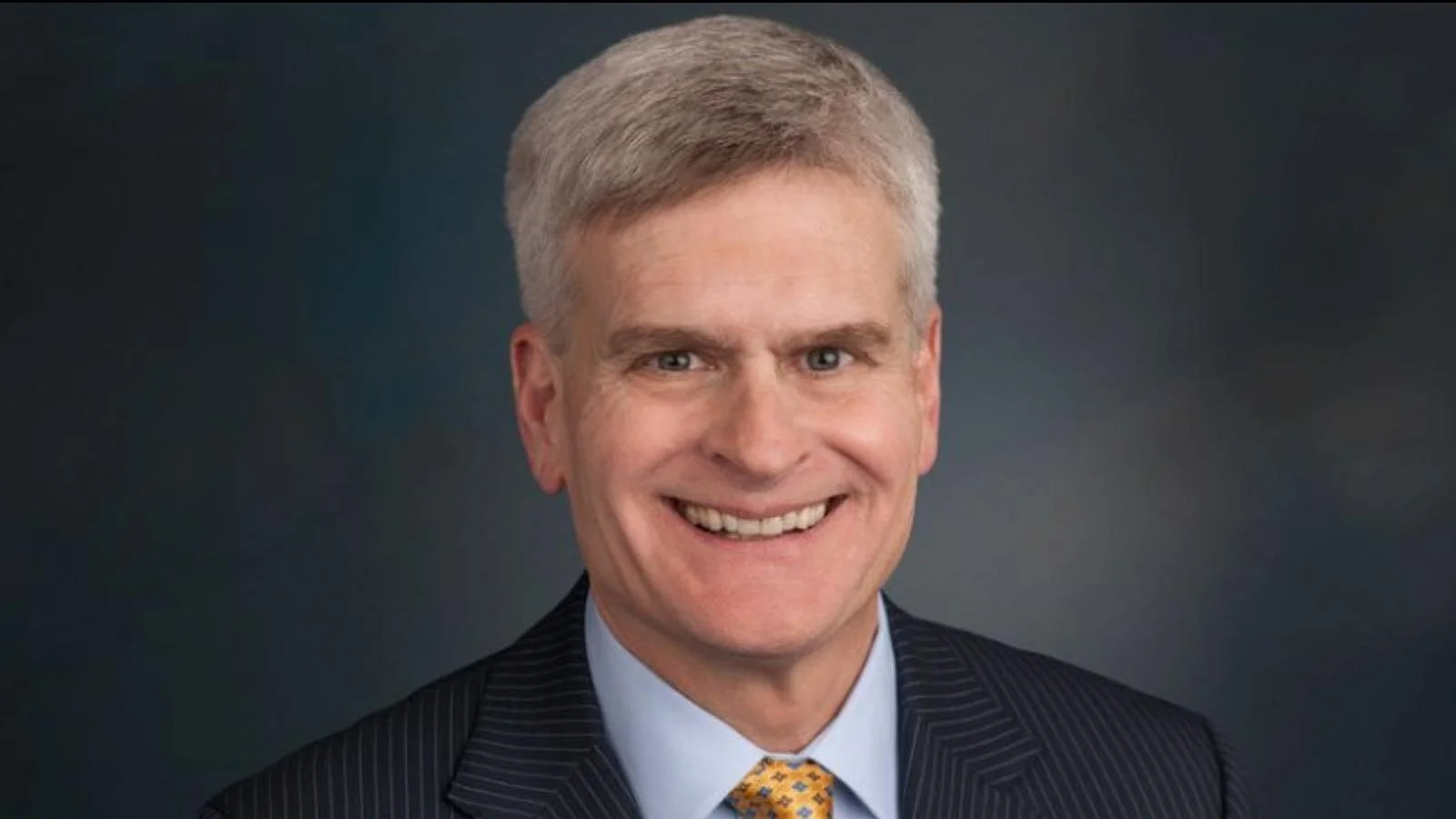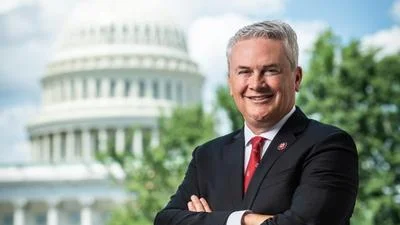U.S. Senator Bill Cassidy, chair of the Senate Health, Education, Labor, and Pensions (HELP) Committee, has expressed strong criticism of a new California law signed by Governor Gavin Newsom. The law expands the jurisdiction of California’s Public Employment Relations Board (PERB) to include matters traditionally overseen by the National Labor Relations Board (NLRB), a move Cassidy argues is unconstitutional and harmful to American workers.
According to Cassidy, this policy creates confusion about which authority handles labor disputes, complicating efforts for workers seeking resolution when their federal labor rights are violated. He stated, “Workers in California and across the United States should be able to assert their rights without confusion or undue difficulty. They should not be expected to be labor law experts, parse jurisdictional questions, and file their grievances in every possible forum to preserve their claim. [California’s] law accomplishes the opposite of its purported goal, which is to help workers.”
In a letter addressed to Governor Newsom, Cassidy referenced U.S. Supreme Court decisions such as San Diego Building Trades Council v. Garmon and Wisconsin Department of Industry, Labor & Human Relations v. Gould, Inc., which affirm that states are preempted from regulating activities covered by the National Labor Relations Act (NLRA). Cassidy questioned California’s legal grounds for believing that AB 288 would provide certainty for workers regarding labor disputes and bargaining unit certification.
Cassidy also asked why California chose to disregard Supreme Court precedent and whether AB 288 was intended to challenge or seek reversal of those rulings. He raised concerns about how PERB will determine its standards in handling unfair labor practice cases and whether it will use state or federal precedents in its decisions.
Additionally, Cassidy addressed operational concerns such as how long it takes PERB to process cases compared to NLRB timelines and how California plans to inform workers about their rights under both state and federal systems. He requested information on what safeguards exist against potential abuse of civil penalties collected under AB 288 and whether these funds should instead benefit all Californians through the State Treasury.
The letter further questioned whether workers will be adequately informed about differences between PERB and NLRB processes, potential costs incurred due to dual filings, and how conflicts between state and federal board decisions will be resolved.
Cassidy concluded his letter with a series of detailed questions about costs, enforcement, communication strategies with workers, and estimates on potential delays resulting from the new law. He requested a response from Governor Newsom by October 29, 2025.
For more updates from HELP Republicans, visit their website or Twitter at @GOPHELP.









